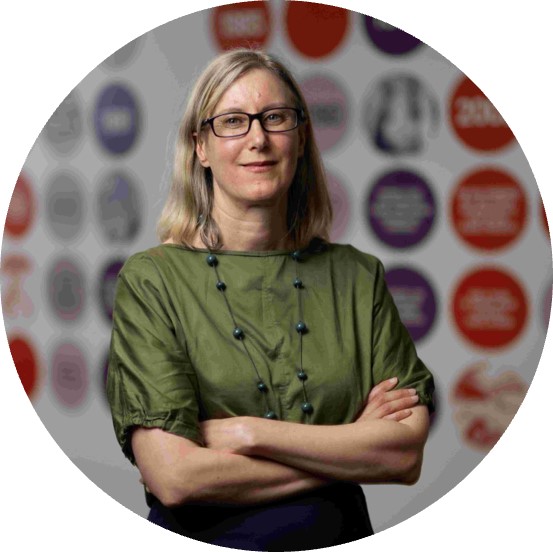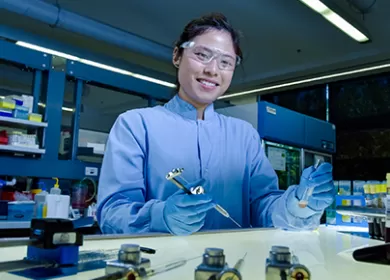Views on genomic testing of donated blood
Both donors and non-donors think testing blood is appropriate when it relates to the core purpose of a blood collection agency (managing, collecting and supplying blood).
They’re less certain about testing that doesn’t directly optimise donor health or recipient safety, including concerns surrounding privacy and data security. Consent and communications are important to help donors understand and accept genomic testing.
They’re less certain about testing that doesn’t directly optimise donor health or recipient safety, including concerns surrounding privacy and data security. Consent and communications are important to help donors understand and accept genomic testing.
What was the question?
We know relatively little about how donors and non-donors think about the testing of blood for genomic markers. We did this study to understand their views about:
- Testing that’s currently conducted on donated blood,
- The idea of donated blood being tested for genomic markers,
- Perspectives on the use of their genetic data, and
- How they would react to their donation experience changing due to information received from genomic testing.
Why is it important?
Genomic testing can help us better match donor blood to recipients and support donor health. For example, testing could identify blood donors at risk of iron deficiency anaemia, who could then receive a personalised schedule of donations to optimise their health.
What did we do?
We held eight focus groups with a total of 49 people. Over four scenarios we asked participants to put themselves in the shoes of a donor who has received information from genomic testing.
What did we find out?
Both donors and non-donors supported testing that directly helps Lifeblood. For example, rare blood type testing that identifies donors whose donations can be matched to recipients who need it.
“As long as the tests are limited to things that are for protecting the safety of the donor and the recipient, and I guess the quality of the blood as well. And nothing else. Then I would be happy with that”
Participants had mixed agreement towards testing that they perceive is not directly related to the donor or health of the recipient, noting concerns surrounding data security and privacy.
“I just think one day it will get sent to the wrong person. Something will happen.” [in response to biobank data being kept indefinitely]
Participants further highlighted the importance of consent and clear communication to help donors understand and accept genomic testing.
What are the next steps?
We’ve developed recommendations for Lifeblood with a specific focus on consent processes for testing, and donor communication strategies.
If you’d like more information about this study, please contact Dr Rachel Thorpe at rthorpe@redcrossblood.org.au
Thank you to all our focus group participants for taking part and providing helpful feedback.


